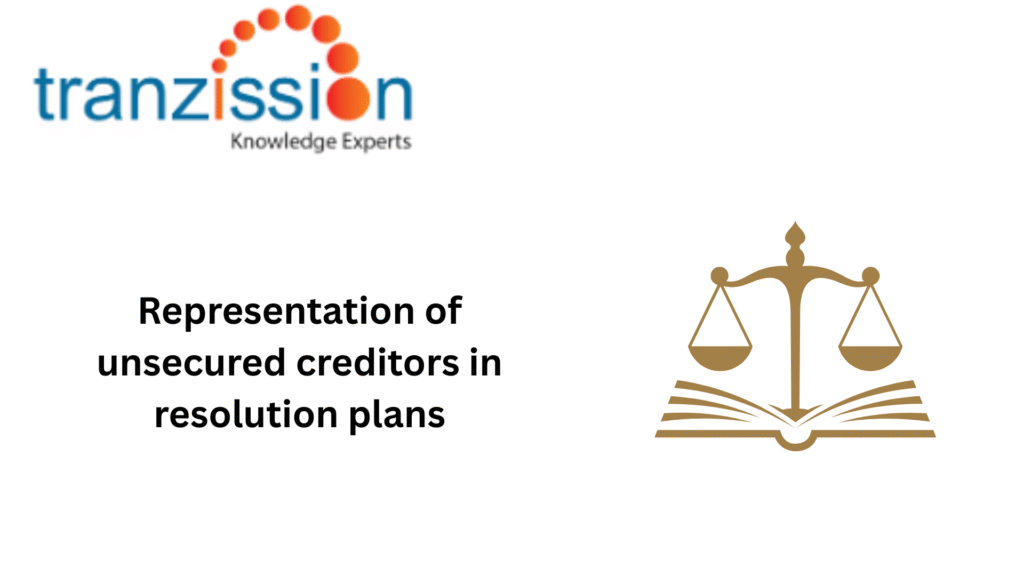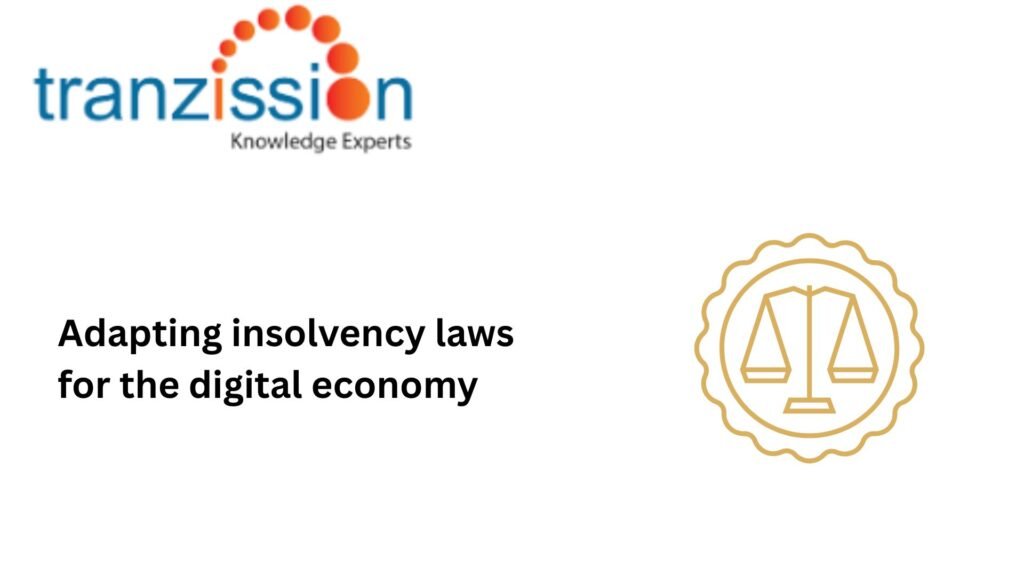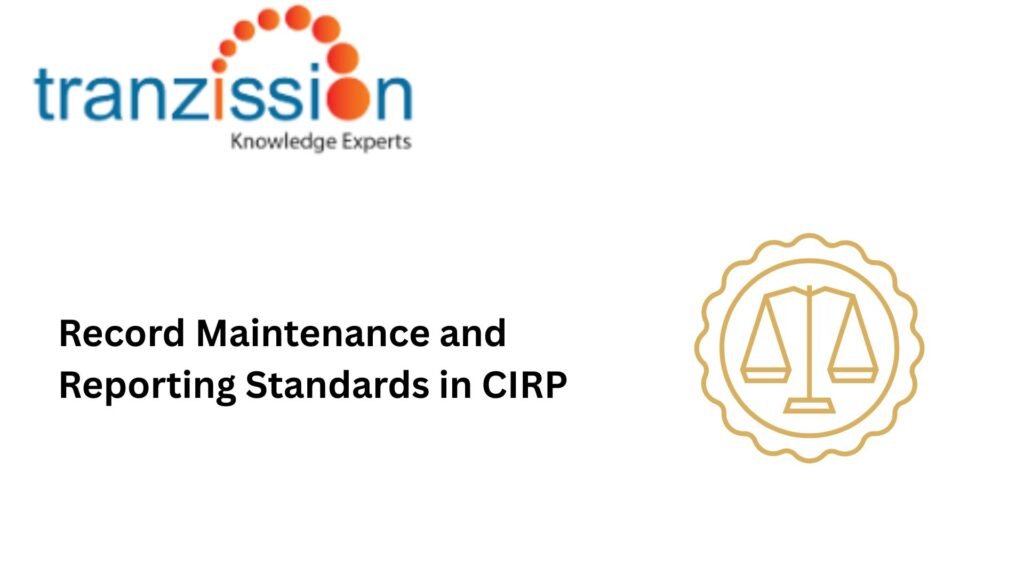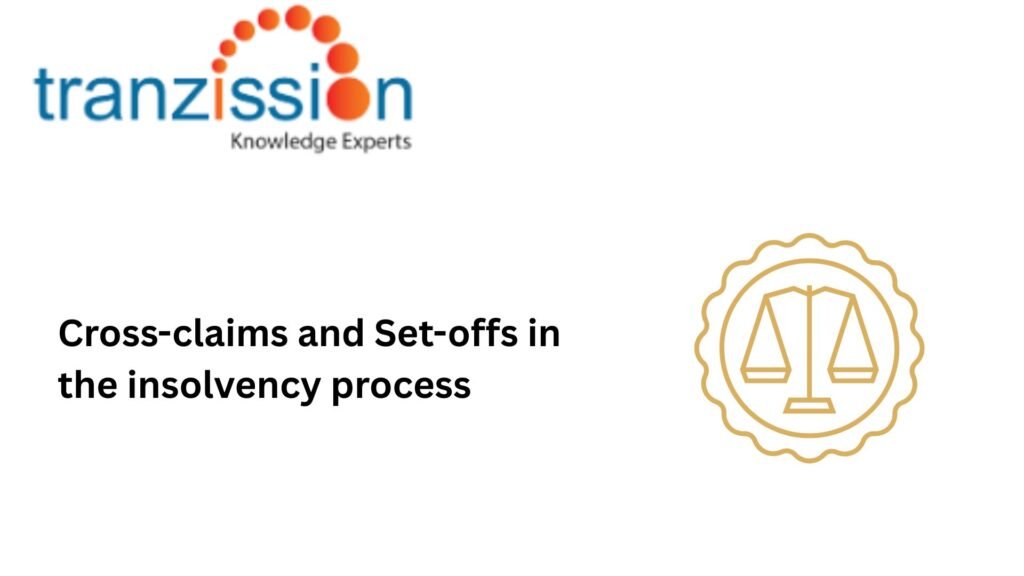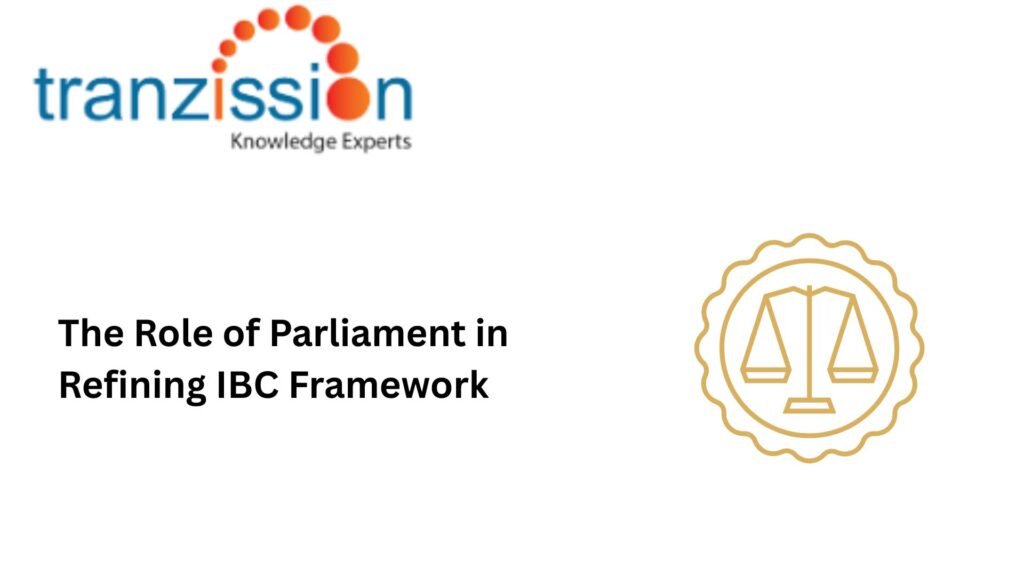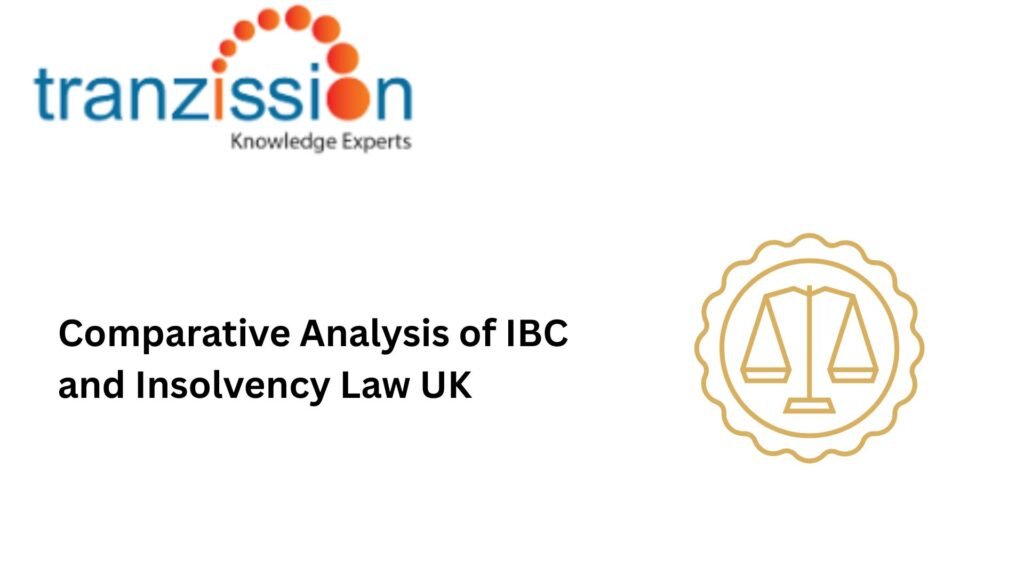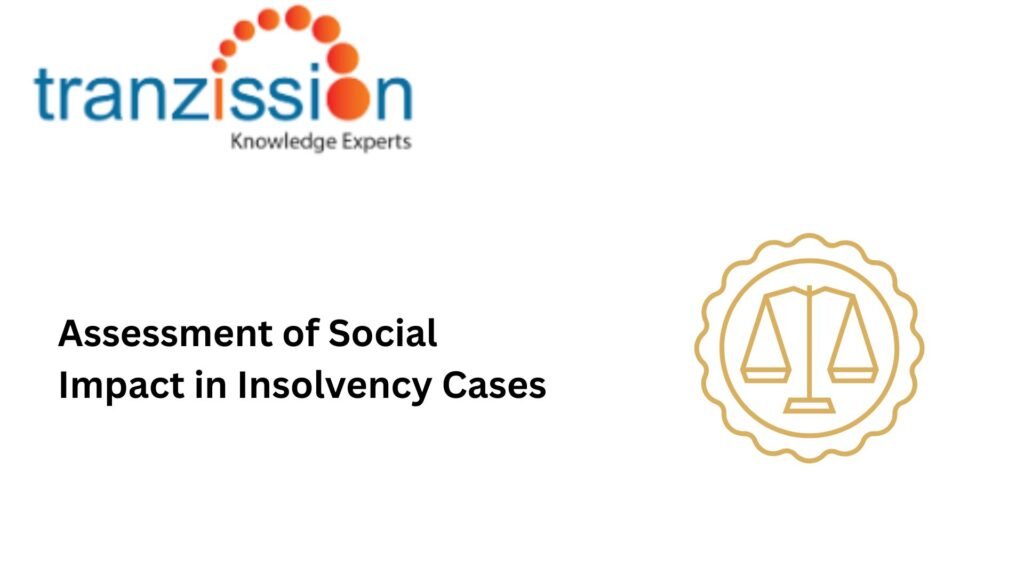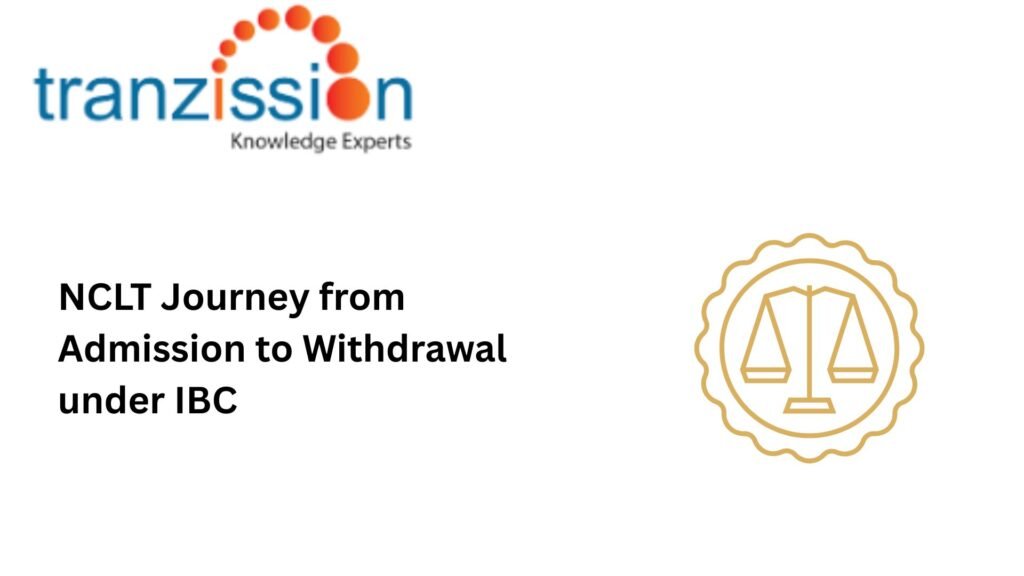Representation of unsecured creditors in resolution plans
Section 3(10) of the Insolvency and Bankruptcy Code, 2016 (IBC) defines a “creditor” as any person to whom a debt is owed and includes a financial creditor, an operational creditor, a secured creditor, an unsecured creditors in resolution plans, and a decree-holder. The insolvency framework in India mentions unsecured creditors and their rights. Understanding unsecured […]
After Creditors Post-Liquidation generally have limited legal avenues for pursuing further remedies, but some exceptions and potential actions exist depending on the nature of the claim and the specifics of the liquidation process. This article looks into what rights or claims the creditors can make post-liquidation, and other options that may be available. Understanding the […]
The Insolvency and Bankruptcy Code, 2016 (IBC) aims to consolidate and streamline insolvency proceedings, creating a unified framework for resolving corporate insolvency. While the IBC is a comprehensive law, it has also been acknowledged to have limitations, and ongoing efforts are being made to improve its efficiency and effectiveness, particularly in the context of the […]
The Ministry of Corporate Affairs (MCA in Insolvency Law) plays a key role in India’s insolvency and bankruptcy framework, primarily through its oversight of the Insolvency and Bankruptcy Board of India (IBBI) and the Insolvency and Bankruptcy Code, 2016 (IBC). The MCA is responsible for formulating and implementing policies related to insolvency resolution, including the […]
Record retention and Reporting Standards in CIRP (corporate insolvency resolution process ) to ensure transparency, accountability, and facilitate the resolution of disputes. It provides a comprehensive record of the CIRP, including the interim resolution professional’s (IRP) or resolution professional’s (RP) actions, creditor information, and other relevant documents. This important documentation is essential for audits, litigation, […]
Set off is a right that allows a debtor to reduce or discharge a debt they owe to another party by offsetting a debt that the other party owes to them. In simpler terms, it is a mutual cancellation of debts. The Code of Civil Procedure recognises legal and equitable Set-offs in the insolvency process […]
The Parliament in Refining IBC, the main law governing insolvency and bankruptcy proceedings in India, in 2016. This means that the Parliament is the body that created the legal framework for the IBC. It was passed to address inefficiencies in existing laws and objectives of time-bound resolution, asset value maximization, and entrepreneurship promotion. The IBC […]
Explore a detailed analysis of IBC and Insolvency Law UK, comparing key provisions, legal procedures, and their impact on debt resolution and corporate restructuring. India’s Insolvency Framework: It was enacted in India to consolidate and streamline the existing framework for handling insolvency and bankruptcy proceedings. The IBC replaced several previously fragmented laws and introduced a […]
Social Impact in Insolvency Cases is a process of evaluating and managing the social consequences of a company’s insolvency or bankruptcy. It helps understand the ripple effects on employees, families, communities, and other stakeholders. Thus, it ensures a more comprehensive approach to insolvency resolution. In insolvency cases, SIA helps to ensure that the resolution process […]
To facilitate settlements and allow for the withdrawal of insolvency applications, even after they have been admitted, was introduced by the Insolvency and Bankruptcy (Second Amendment) Act, 2018. Under the Insolvency and Bankruptcy Code, 2016 (“the IBC”), admission to withdrawal is governed by Section 12A. The primary reason for this amendment was to address a […]

